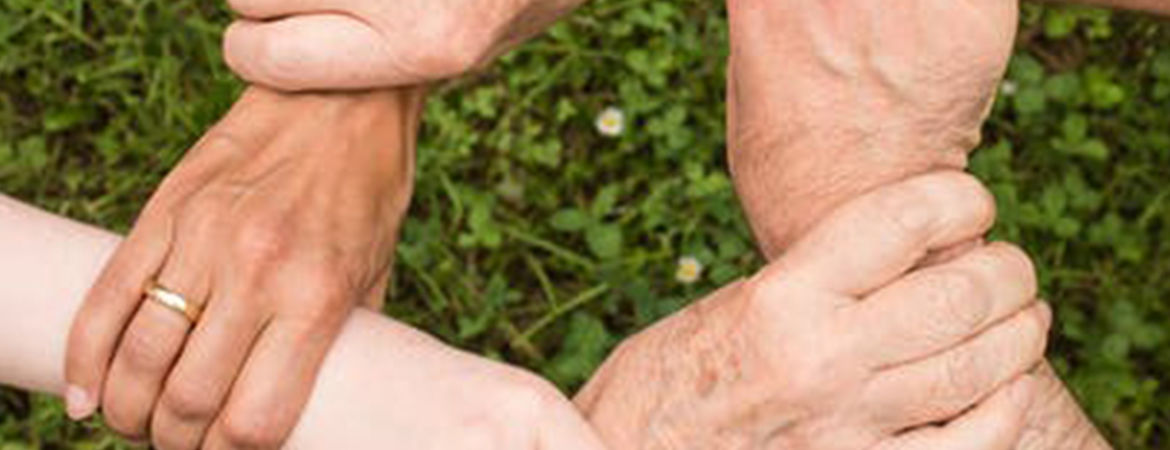- Home
- Curriculum
- Subject Information
- Sociology
Sociology
To understand the wider world and their place within it
Engaging and exciting students on a journey to explore, respect and understand the global community in which they live so that they can thrive, grow and be visible. Promoting an inquisitive mind set to ignite curiosity about the wider world.
Sociology at TLA
Sociology aims at providing students with access to a range of conflicting perspectives which shape the debates, culture and organisation of society including: Functionalism, Marxism, Feminism and interactionism. Through these perspectives, key institutions are explored and how society is organised is placed under the microscope, allowing for key questions about society to emerge. What is the function of education? Do all people in society have equal opportunities? Is inequality fair and why do some people turn to crime? Sociology will offer students the tools to address these fascinating questions and many more.
KS4
In KS4 students begin the course by exploring the sociological method (Durkheim) and are introduced to the main perspectives which underpin much of the sociology course of study: functionalism, Marxism, feminism and interactionism. Through these alternative critical lenses, key themes considered across sociology are then considered including norms, culture, values, deviance, labelling, poverty and inequality. Students then look at research methods, exploring and evaluating how sociologists conduct their investigations.
Spring Term (year-10) - The Family: In the first GCSE unit of study, students explore the institution of the family from conflicting perspectives. This includes the functions of the family, gender inequality, the shifting nature of what constitutes a family, patterns in marriage and divorce and alternatives to the family.
Summer Term (year-10) - Education: students explore the institution of education in the UK and beyond. In doing so, conflicting perspectives are introduced which debate and discuss the role of mass-schooling and its value to the vast majority of people. Students will explore and evaluate trends in education, and look to explore the reasons why there seems to be such obvious disparity between different groups.
Autumn Term (year-11) - Crime & Deviance: At the beginning of year-11, students consider the motivating factors, social conditions and wider impact of deviance and crime. Once again, alternative perspectives offer interesting and relevant insights as to why crime occurs.
Spring Term (year-11) - Social Stratification: In their final unit of study for GCSE sociology, students explore social inequality, considering different perspectives on the way in which society is organised, the distribution of wealth and power and whether there are alternatives to the way in which society is structured.
In KS 5 students In each year, students study towards two separate units, as follows
KS5
Year-12: Education / Culture and Identity: Following on from an introduction to theory and method, sociology students study the sociology of education, which makes up the first of three papers of the sociology A-Level.
Education: in education, students consider the alternative and conflicting perspectives on the roles and functions of education. This includes arguments as to the values and necessity of mass-schooling, to more critical perspectives which challenge mass-schooling as a tool for the oppression of certain classed and gendered groups; seminal thinkers such as Bourdieu, Hargreaves, Parsons, Durkheim and Archer, add a critical underpinning to these important considerations.
Culture and Identity: The Culture and Identity module is one of the more contemporary options to study in sociology, given that it covers a broader variety of social groups and reflects the ever-changing nature of what defines our culture and what defines our identity. It takes a more personal look at how individuals in society perceive themselves in a post-structural society – one where social location is less important than it used to be.
Year 13 - Crime & Deviance / The Media:
Crime and Deviance: In the crime and deviance unit of study, students consider why so many people deviate from societal expectations. The role that such deviance plays in shaping society and how we can reduce crime. Through an exploration of crime trends and patterns, key questions about the prevalence of crime committed by men and the working-classes, as well as the over representation of minority ethnic groups within the criminal justice system, are also considered.
The Media: Students will investigate the ownership of the mass media and on who really has control; globalisation as a force for change; how news is manufactured; the representations of different groups by the media; different models of media effects on audiences; Finally, students will explore the impact of the new media, evaluating differing perspectives with some real life examples.
Implementation
Hours of lessons per fortnight for this subject:
- KS4: 5
- KS5: 8
Exam board(s)
AQA GCSE Sociology
AQA A Level Sociology
Facilities in the department
Fully resourced classrooms with stocked revision materials and student resource library
Trip and Extra-curricular opportunities
The department offers many enrichment clubs throughout the year
Subject Contacts
| Name | Position | Email Address |
|---|---|---|
| Louise Hurst | Director of Humanities Faculty | lhurst@tla.woodard.co.uk |



